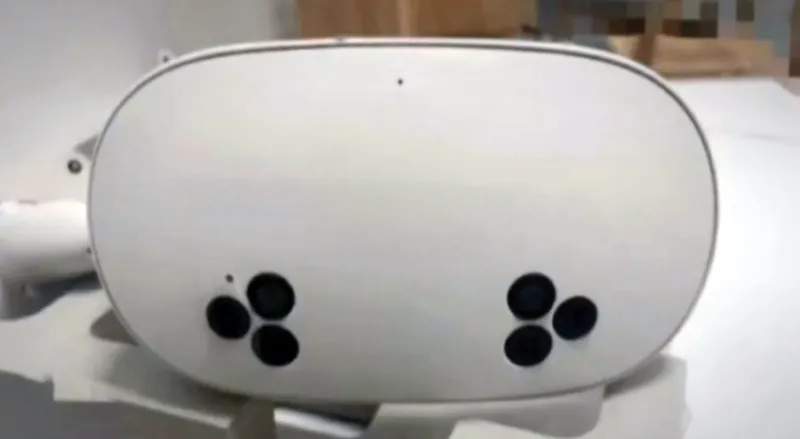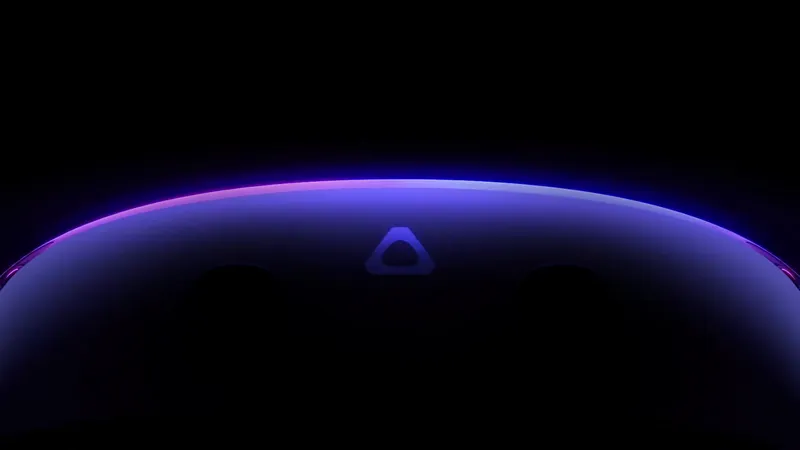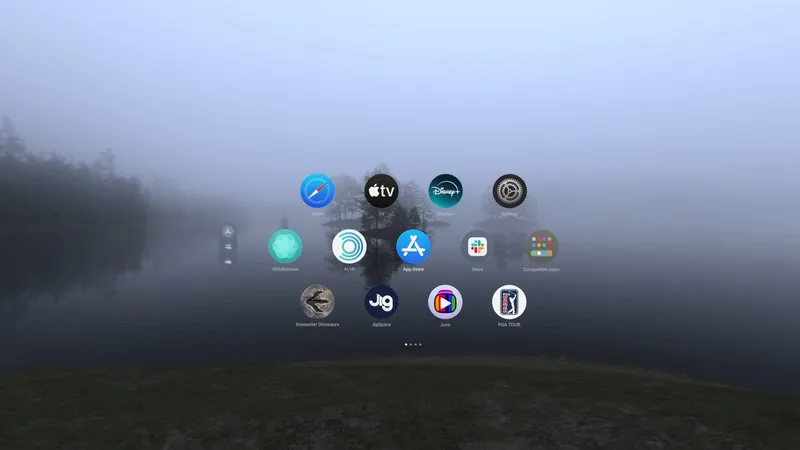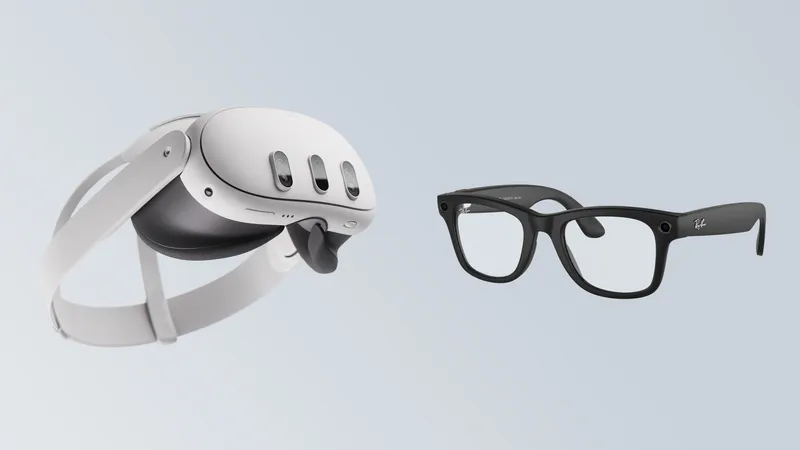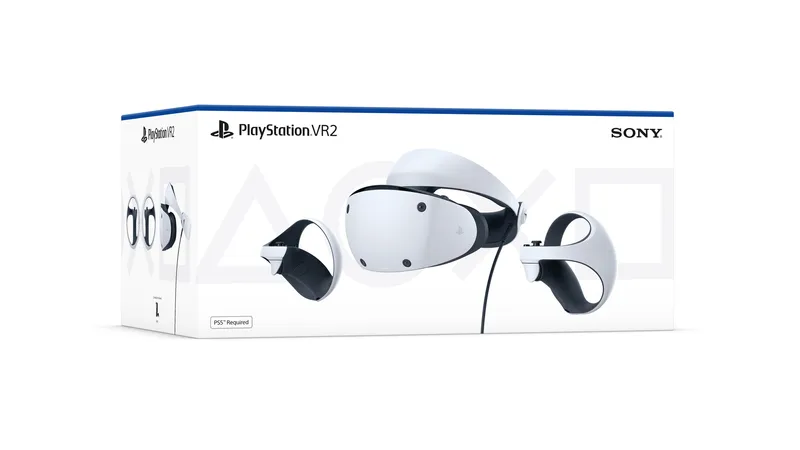Valve CEO Gabe Newell made some comments back in May that went unnoticed until recently, confirming work on “new headsets and games” at Valve.
Newell gave a talk at the Sancta Maria College in New Zealand and fielded some questions from students. The talk was recorded and uploaded online, but the comments about new headsets only gained attention recently when YouTuber Brad Lynch reposted a clip from a recording to Twitter, embedded below.
— Brad Lynch (@SadlyItsBradley) December 1, 2021
His comments came in response to a question asking whether Newell thinks VR/AR technology will ever become a staple of the gaming industry.
Newell confirms that Valve is “making big investments in new headsets and games” but also feels that VR/AR is a stepping stone toward brain-computer interfaces.
Here’s his full response, transcribed from around the 14:00 mark of this video:
“There are interesting questions, which is: are things sort of stable end goals or are they transition points? My view, which is not in the accepted sort of middle ground, is that VR and AR are transition points towards brain-computer interfaces. That everything you have to do in terms of control speeds, in terms of understanding visual processing, in terms of content design, are leading you towards brain-computer interfaces and what they do.
So that’s the main thing, and then I think brain-computer interfaces are going to be incredibly disruptive, one of the more disruptive technology transitions that we’re going to go through.
So I think it’s super valuable. You know, we’re making big investments in new headsets and games for those application categories, but also looking further down the road and saying what does that evolve into.”
Back in September, Lynch also found evidence of a standalone VR headset in development at Valve, referred to as ‘Deckard’ in SteamVR driver files. Sources at Ars Technica corroborated the headset’s existence.
Newell also previously said Valve was exploring work with OpenBCI to solve VR motion sickness. If you sign up for the newsletter on the OpenBCI website for its upcoming “Galea” interface, the organization promises to ship an initial production run to testing partners in early 2022 fully integrated with the Valve Index, offering “image-based eye tracking” as well as sensors for “EEG, EDA, EMG, PPG, EOG” and access to “raw data” from the “BrainFlow” application programming interface.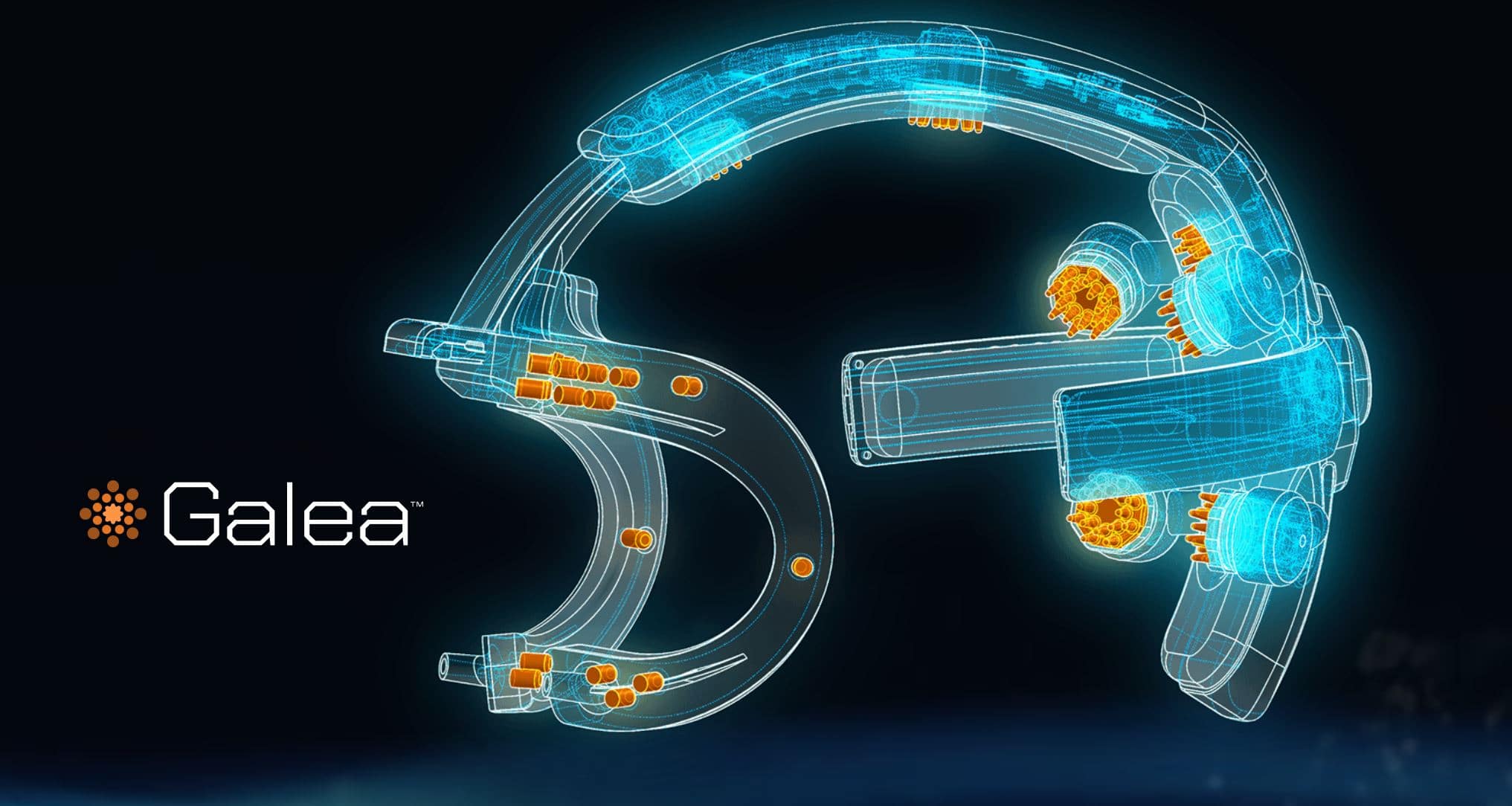
“We’re working on an open source project so that everybody can have high-resolution [brain signal] read technologies built into headsets, in a bunch of different modalities,” Newell said previously. “If you’re a software developer in 2022 who doesn’t have one of these in your test lab, you’re making a silly mistake…software developers for interactive experience[s] — you’ll be absolutely using one of these modified VR head straps to be doing that routinely — simply because there’s too much useful data.”
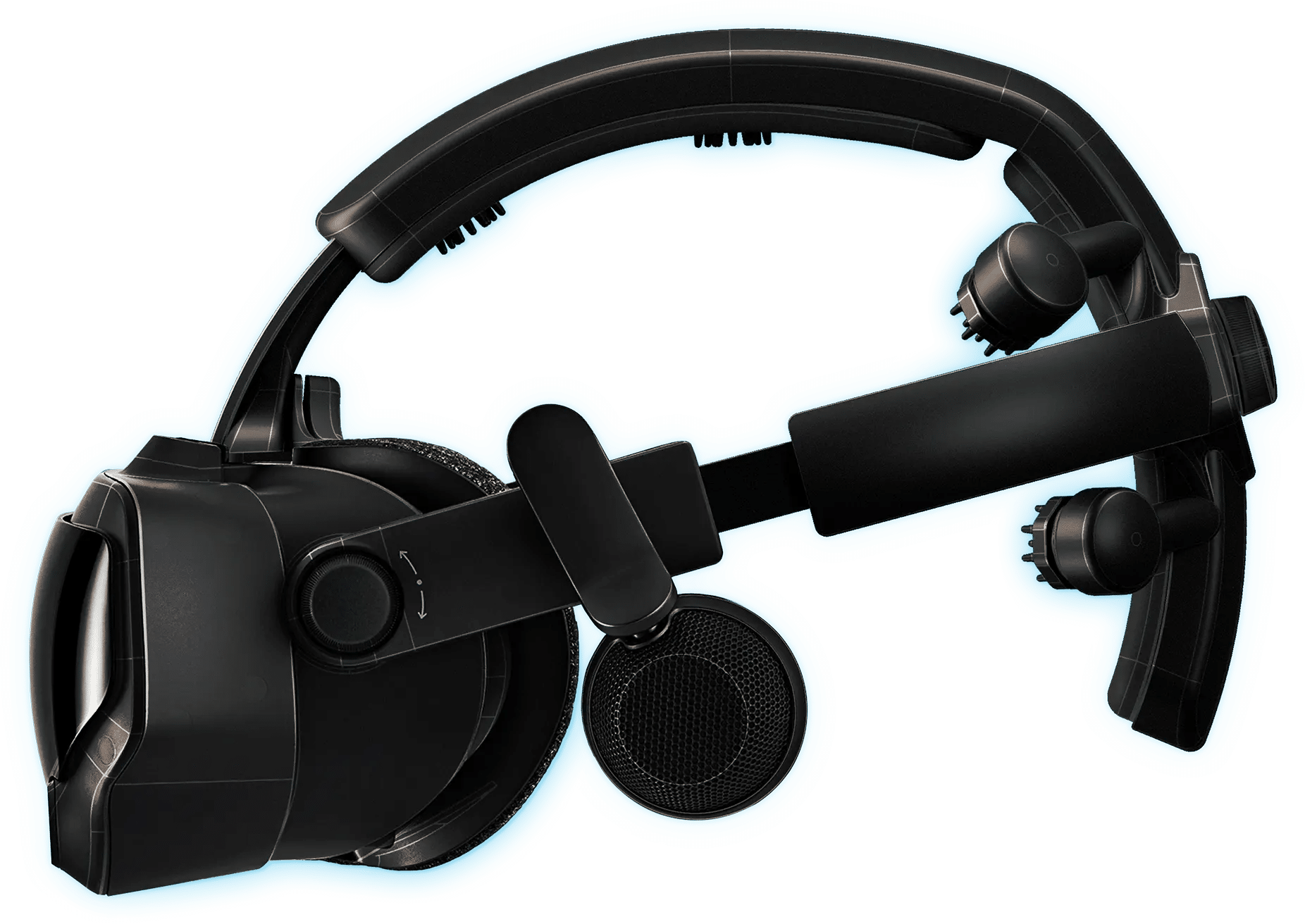 Valve’s current focus is seemingly locked on the Steam Deck for now and the foreseeable future, but new VR headsets are in the offing from other companies and additional sensors seem to be planned for competing high end systems. The HP Reverb G2 currently comes in an “Omnicept” edition with additional sensors and Meta is preparing a sensor-laden headset currently going by the codename Cambria for next year as Apple prepares its own sensor-filled VR headset for potential launch soon.
Valve’s current focus is seemingly locked on the Steam Deck for now and the foreseeable future, but new VR headsets are in the offing from other companies and additional sensors seem to be planned for competing high end systems. The HP Reverb G2 currently comes in an “Omnicept” edition with additional sensors and Meta is preparing a sensor-laden headset currently going by the codename Cambria for next year as Apple prepares its own sensor-filled VR headset for potential launch soon.
Valve shipped the high-end Index PC-powered VR headset starting in 2019 and it is in use by around 17 percent of SteamVR users as of this month. Prior to launching Index, Valve reportedly explored a ‘Vader’ headset project that “sort of maxed everything” and would’ve cost the thousands of dollars to buy even if it “had somehow been manufacturable.”
We’ll be interested to see what sensors actually do make it into the next generation VR headsets given the difficult reality of securing key components and manufacturing millions of VR headsets amid ongoing developments with the pandemic as well as continuous supply chain challenges.
What are you thoughts? Let us know in the comments below.


